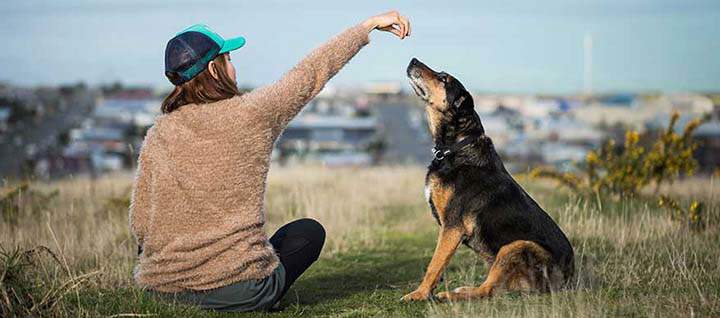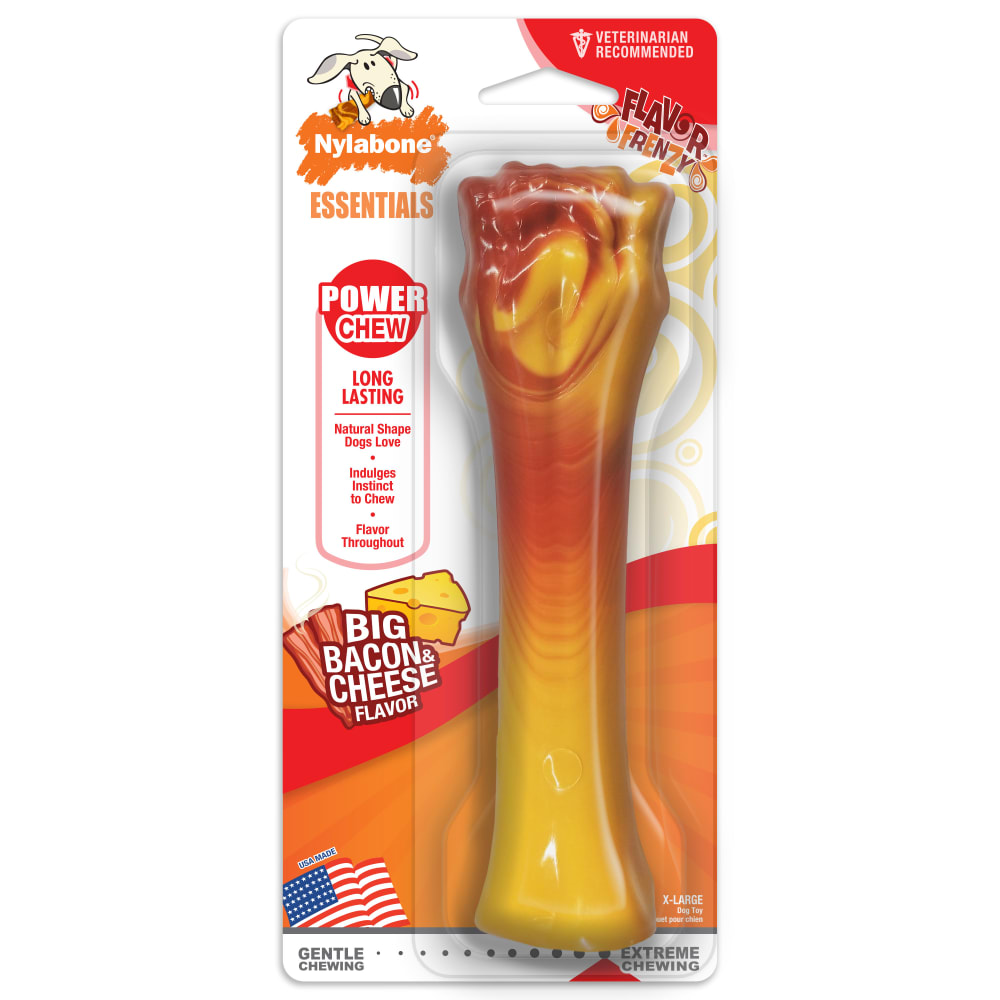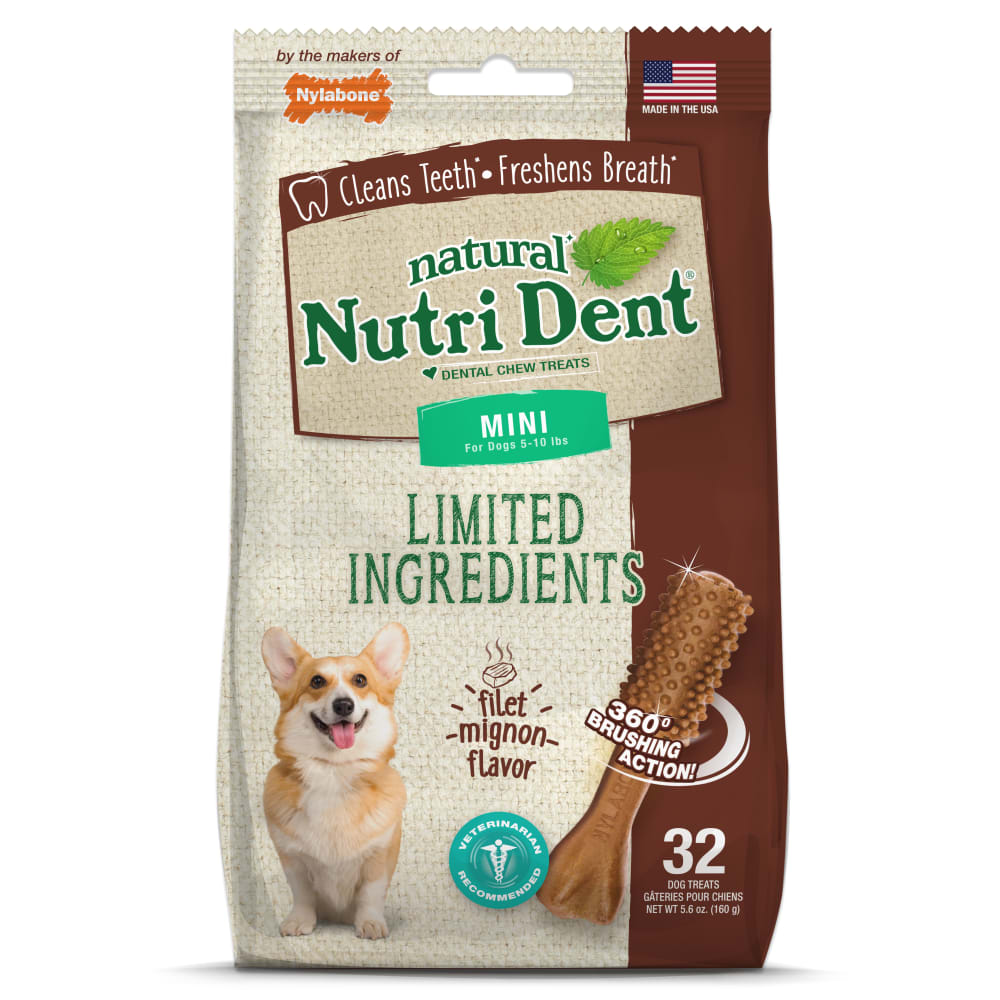9 Things New Adoptive Dog Parents Should Know
Adding a new canine companion to your family is extremely exciting. You can't wait to show him off to family and friends! However, your new adopted dog has to adjust to a lot of things, including new people, places, routines, and boundaries. For these reasons, it's best to give your new family member a week to settle in. During that time, try to quietly let your pup find his way. Here are some tried-and-true tips that will help your dog adjust to his new home:
#1: Maintain His Usual Diet
If at all possible, keep to the diet your dog has been eating. The last thing he needs is an upset stomach or diarrhea. You can gradually switch him over to a new diet later.
#2: Keep Familiar Items Around
Try to bring a blanket, towel, or toy from your dog's previous place with him. Even after being washed, a faint scent of familiar places and people will remain, helping soothe him if he feels a bit "homesick."
#3: Limit House Access
Limit your dog's unrestricted access to the house at first. He may have been living in a run or a crate much of the time. Now that he inhabits a much larger space, he may feel overwhelmed or backtrack in his housetraining. Try to keep him with you, either on a leash or in an ex-pen that's close to you. Use a crate or ex-pen if you have to leave the house.
#4: Establish a Routine
Try to follow a routine, with meals at regular times, walks on a schedule, etc. If possible, follow the routine to which your dog has become accustomed, which will help prevent him from becoming overly stressed. You can gradually adjust the routine as he becomes more comfortable in your home.
#5: Manage Treats and Toys
Yes, you want to spoil your new pup, but too many treats can lead to gastrointestinal upset, so be mindful of how many he's getting. Provide him with some safe chew toys to keep his mind occupied and prevent him from destructively chewing on your favorite belongings.
#6: Keep Safety in Mind
Keep your new family member safe. He should only go out with a leash—even in a fenced yard—at first. You don't yet know the extent of his jumping or digging skills, and he doesn't really know where "home" is yet. If he isn't already, get your dog microchipped and purchase tags for his collar that contain your identification information. You can also order a collar with your phone number embroidered or imprinted on it.
#7: Incorporate Exercise
Regularly exercise your new family member. Stick to walks on leash or games of fetch in a fenced yard. Small dogs can fetch down a carpeted hallway in cold weather. You want your dog to remain safe while he blows off some nervous energy.
#8: Establish Household Rules
Ask your family to agree on household rules and commands. Be consistent. For example, it isn't fair to your dog if one person allows him on the sofa but another person doesn't. He will be confused and upset if he's cuddled one time and corrected the next. In the same way, it is easiest for him if everyone uses the same words for the same commands. Try "come" or "here" when you want your dog to come to you. (Pick just one of the options.) Eventually your dog will expand his vocabulary, but for now, stick to simple words and just one name, please—no nicknames yet!
#9: Be Patient
Your new dog will come with some "baggage" from his past. This could be "good" baggage, such as already knowing a number of obedience commands and tricks, or it could be "bad" baggage, such as feeling comfortable knocking over trash cans or stealing food off the counter. Patience is important in weeding out the bad baggage. Start by managing the environment. Keep counters clean so that your dog has no excuse to counter surf. Put trash where he can't access it. Eventually you can train these behaviors away, but for now, make life simpler for everyone. You don't want to spend that important first week unhappily cleaning up messes when you should be bonding.
You'll need to make some accommodations for your new adopted dog, but if you're patient and take the time to do it slowly, your effort will pay off!
Deb M. Eldredge, DVM, is a Cornell graduate and horse lover from early childhood. She was active in 4-H and Pony Club and has competed in various horse show venues, competitive trail rides, and small three-day events. Dr. Eldredge is also an award-winning writer with the Cat Writers Association and the Dog Writers Association of America. She lives in upstate New York on a small farm with 3 elderly horses, 1 miniature horse, 2 donkeys, and various other animals.
FOLLOW US!






